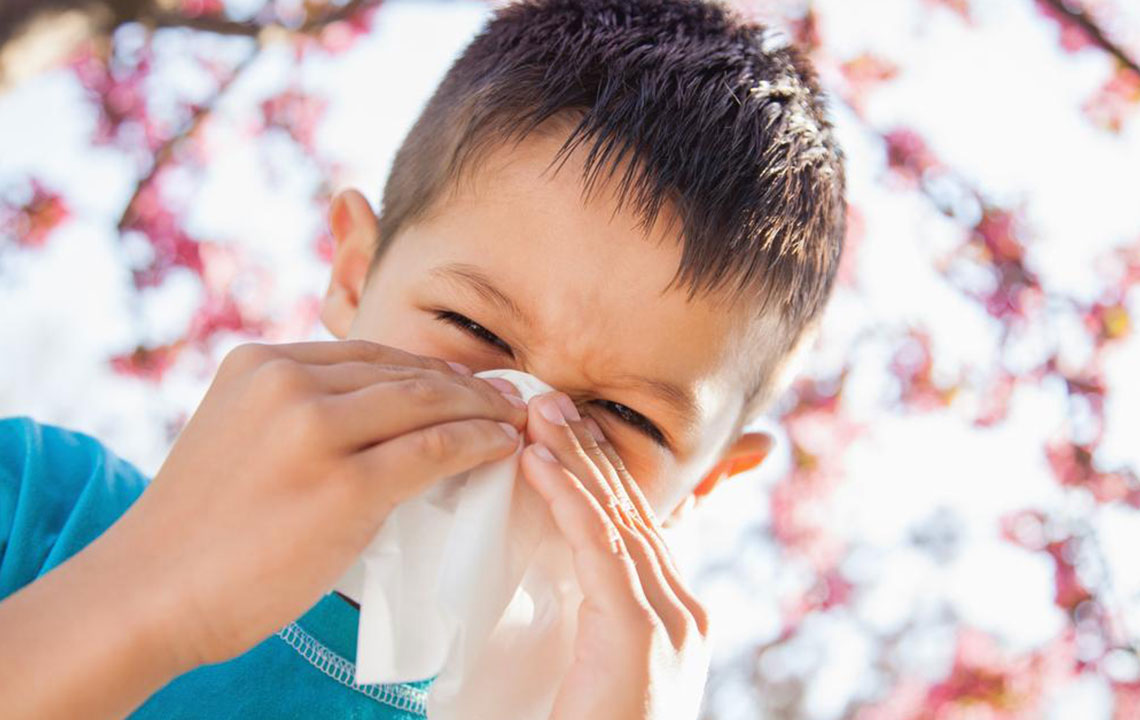Comprehensive Guide for Dog Owners: Identifying and Managing Food Allergies in Dogs
This comprehensive guide offers dog owners vital insights into identifying and managing food allergies in dogs. It covers the key symptoms, common allergens, and effective strategies such as allergy testing and elimination diets. Understanding these aspects helps ensure your pet's health and comfort, providing practical advice for proactive management and veterinary collaboration.

Comprehensive Guide for Dog Owners: Identifying and Managing Food Allergies in Dogs
As responsible dog owners, ensuring our pets' health and well-being is a top priority. If your dog frequently scratches, bites, or exhibits persistent skin irritations despite regular grooming and medication, it might be time to evaluate their diet. Food allergies are often an overlooked cause of discomfort in dogs but can significantly impact their quality of life. Recognizing the signs early and understanding the common allergens can help you take proactive steps to improve your furry friend's health.
Food allergies in dogs are similar to allergies in humans—they occur when the immune system reacts adversely to specific foods. These reactions can happen at any age, whether your dog is a puppy or a senior dog. As such, vigilance in monitoring your pet's health, diet, and behavior is crucial for all dog owners. It’s essential to differentiate between food sensitivities and true food allergies, as management strategies may differ. This comprehensive guide aims to equip dog owners with vital knowledge on identifying potential food allergies and practical ways to manage them effectively.
Signs That Indicate Food Allergies in Dogs
Understanding the symptoms associated with food allergies is vital in early detection and treatment. While some signs may overlap with other health issues, persistent patterns can point to dietary triggers. Here are the most common indicators of food allergies in dogs:
Persistent Itchy Skin: Dogs with food allergies often display relentless itching that may lead to dermatitis. The affected areas are typically the ears, paws, belly, or around the face. You might notice your dog constantly scratching or biting these regions, which could result in skin inflammation or secondary infections.
Development of Hives and Red Bumps: Allergic reactions can cause hives—raised, itchy, red bumps—appearing shortly after meals. This symptom tends to be more visible in dogs with short hair coats, as it becomes easier to see the swelling and redness.
Gastrointestinal Distress: Many dogs with food allergies experience digestive symptoms, including vomiting, diarrhea, and excessive gas. These signs often manifest after eating specific foods and may persist if the allergen is not identified and eliminated from the diet.
Swelling of Facial Features: Allergic reactions can lead to swelling around the lips, eyes, or ears. Noticing sudden facial swelling, especially following mealtime, should prompt an immediate consult with your veterinarian.
Paw Licking and Ear Infections: Recurrent infections or inflammation in the ears and paws might be linked to allergic sensitivities. Dogs often lick their paws excessively or paw at their ears when experiencing discomfort caused by allergies.
Understanding the Common Food Allergens in Dogs
Distinguishing between food sensitivities and true food allergies is essential for effective management. Food allergies involve an immune response to specific proteins or ingredients, leading to immediate or delayed allergic reactions. On the other hand, sensitivities tend to develop over time without triggering an immune response.
Common allergens that have been documented in canine food allergies include:
Proteins such as chicken, beef, and dairy products: These are the most frequently implicated ingredients in canine food allergies. Poultry, red meats, and dairy are common causes of allergic responses.
Grains like corn, wheat, rice, oats, and barley: Although less common than proteins, some dogs develop sensitivities or allergies to grains, which can cause skin and gastrointestinal issues.
It’s worth noting that each dog is unique, and allergenic responses can vary widely. Conducting proper testing and dietary trials can help determine specific triggers and tailor an effective diet plan for your dog.
Strategies to Manage Food Allergies in Dogs
Successfully managing food allergies often involves a combination of dietary modifications, veterinary testing, and medication when necessary. Here are the key approaches for controlling allergic reactions and improving your dog's overall health:
Veterinary Allergy Testing: Consulting a veterinarian is the first step toward identifying specific allergens. Various testing methods, such as blood tests or skin tests, can help pinpoint the problematic ingredients, enabling targeted dietary changes.
Elimination Diets: Under veterinary supervision, an elimination diet involves removing suspected allergens from your dog’s food for an extended period (usually 8-12 weeks). During this time, only novel or hypoallergenic ingredients are fed. This process helps to identify which foods are causing reactions, allowing for a tailored diet that minimizes symptoms.
Medications and Supplementation: For dogs with ongoing symptoms, your veterinarian might prescribe antihistamines or corticosteroids to manage acute reactions. Additionally, omega-3 fatty acids and other supplements can promote healthy skin and reduce inflammation.
Implementing these strategies requires patience and close cooperation with your veterinarian. Regular monitoring and follow-up visits are essential to adjust the diet and treatment plan as needed, ensuring your dog achieves optimal health and comfort.
In conclusion, being vigilant about your dog’s dietary intake and recognizing early signs of food allergies can significantly improve their quality of life. With proper diagnosis, targeted dietary management, and veterinary support, most dogs can lead comfortable and happy lives free from the discomfort of allergies.





